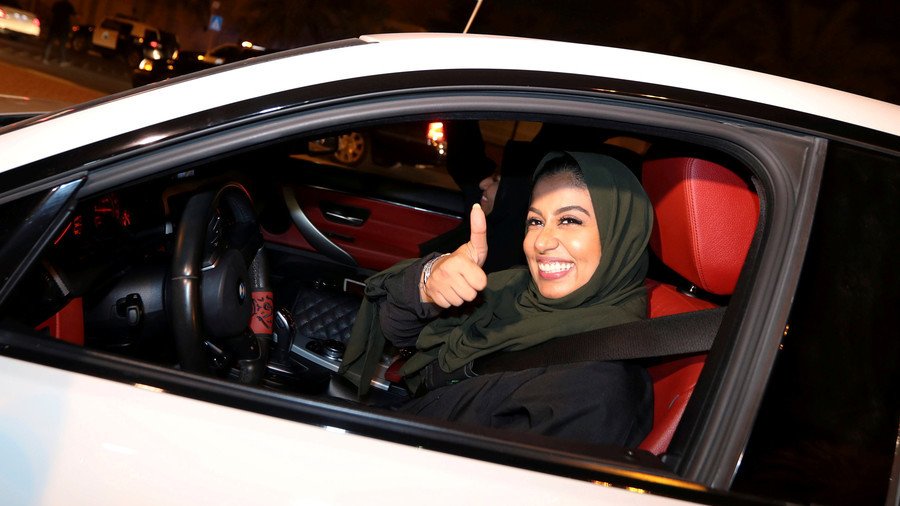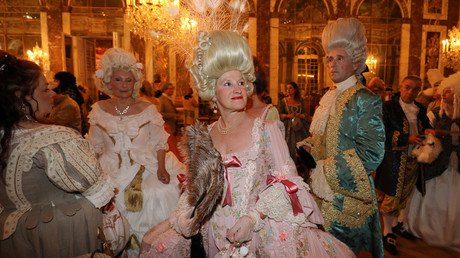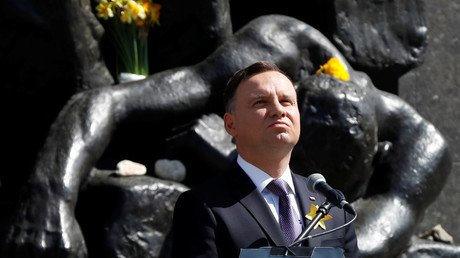‘Habibi I can drive my car’: Beatles’ classic cover celebrates Saudi women driving

Students at the Berklee College of Music in Boston have reimagined The Beatles 1965 hit ‘Drive my Car’ in Arabic, to celebrate the recent lifting of the ban on women driving in Saudi Arabia.
The cover was arranged by Palestinian cellist Naseem Alatrash and features Syrian singer Nano Raies. The group was named ‘Nano and the 6-2-4,’ a reference to June 24, when Saudi women gained the right to get behind the wheel.
According to Alatrash, the recreation is called ‘Rahsoul Say-arah’ which in Arabic means ‘I will drive the car’ and carries a simple message: she’s excited to drive and doesn’t want to get married yet.
“For the translation to the song, I feel like it's a really simple, funny, kind of goofy message,” Alatrash told Public Radio International, who partnered with the Berklee College of Music to create the cover.
“And the main idea is that this female was singing, just got the ability to drive, she’s really excited and at this moment of her life she really doesn’t care about anything else. She’s getting all these proposals from men,” the cellist said. “They are promising her all these things. But, she’s like, at the moment, I just want to drive. Maybe later I will love you, maybe later I will think about these things, but at the moment I just want to drive this car.”
The cover uses Middle Eastern instruments - such as the stringed oud and the darbuka drum - along with Western instruments to create the new version. Students Tony Barhoum and Tariq Rantissi from Palestine play the qanoon, Jordanian Laith Saddik provides rhythm, and Judd Henderson from Oregon plays the Western guitar.
Think your friends would be interested? Share this story!














